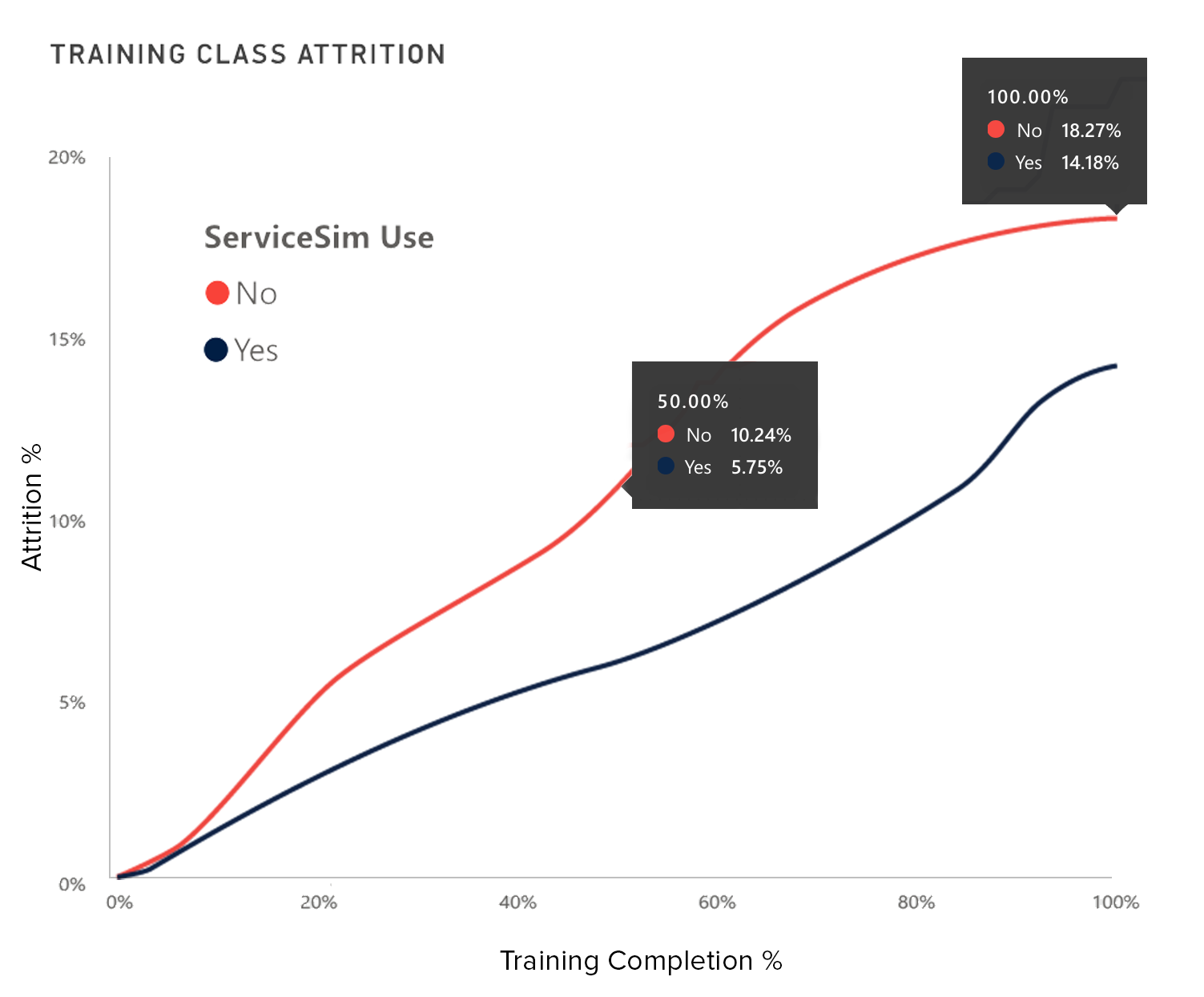The landscape of employee training is undergoing a significant transformation. Traditional one-size-fits-all approaches are giving way to personalized learning experiences powered by Artificial Intelligence (AI). This integration of AI promises a future where training is not just effective, but also engaging and adaptable, leading to a more skilled and satisfied workforce.
The long-term impact of AI on employee training is multifaceted. Firstly, AI can personalize learning paths. By analyzing individual strengths, weaknesses, and learning styles, AI can curate tailored training modules that cater to each employee’s specific needs. This not only improves knowledge retention but also boosts motivation, as employees feel their learning journey is relevant and targeted.
Secondly, AI facilitates continuous learning. Gone are the days of isolated training sessions followed by long periods with minimal reinforcement. AI-powered learning platforms can provide microlearning opportunities, bite-sized chunks of information readily available on-demand. This allows employees to stay updated with the latest skills and knowledge, ensuring their expertise remains relevant in the ever-evolving business environment.
Download Now: Your Roadmap to Successful AI Implementations in the Contact Center
Furthermore, AI presents unique opportunities to enhance engagement. Gamification, interactive simulations, and AI-powered chatbots can transform learning from a passive activity into an interactive and stimulating experience. This increased engagement translates to better knowledge absorption and improved performance on the job.
Let’s consider the specific example of contact center agents. These professionals often face high pressure and demanding workloads, leading to burnout and high turnover rates. Integrating AI in their training and support systems can significantly reduce these issues.
AI-powered chatbots can act as virtual mentors, offering real-time guidance and support to agents as they navigate complex customer interactions. Imagine an agent encountering a rare situation. By simply prompting the AI assistant, they can receive relevant information, best practices, and even scripting suggestions, empowering them to handle the situation confidently.
Moreover, AI can analyze call recordings and identify areas for improvement. Personalized feedback reports can be generated, highlighting specific skills that agents can focus on in their microlearning sessions. This continuous feedback loop ensures consistent growth and development, fostering a sense of accomplishment and boosting job satisfaction.
The benefits extend beyond the individual. By analyzing call data and identifying common customer pain points, AI can help develop targeted training modules to address those issues. This leads to a more skilled and efficient workforce, ultimately resulting in improved customer service.
Integrating AI into employee training is not a futuristic fantasy; it’s the dawn of a new era in workforce development. By embracing AI, organizations can create a culture of continuous learning, improve employee performance and retention, and ultimately achieve a significant competitive advantage. As AI technology continues to evolve, the possibilities for personalized, engaging, and effective employee training are truly limitless.
SUBSCRIBE FOR EMAIL UPDATES

